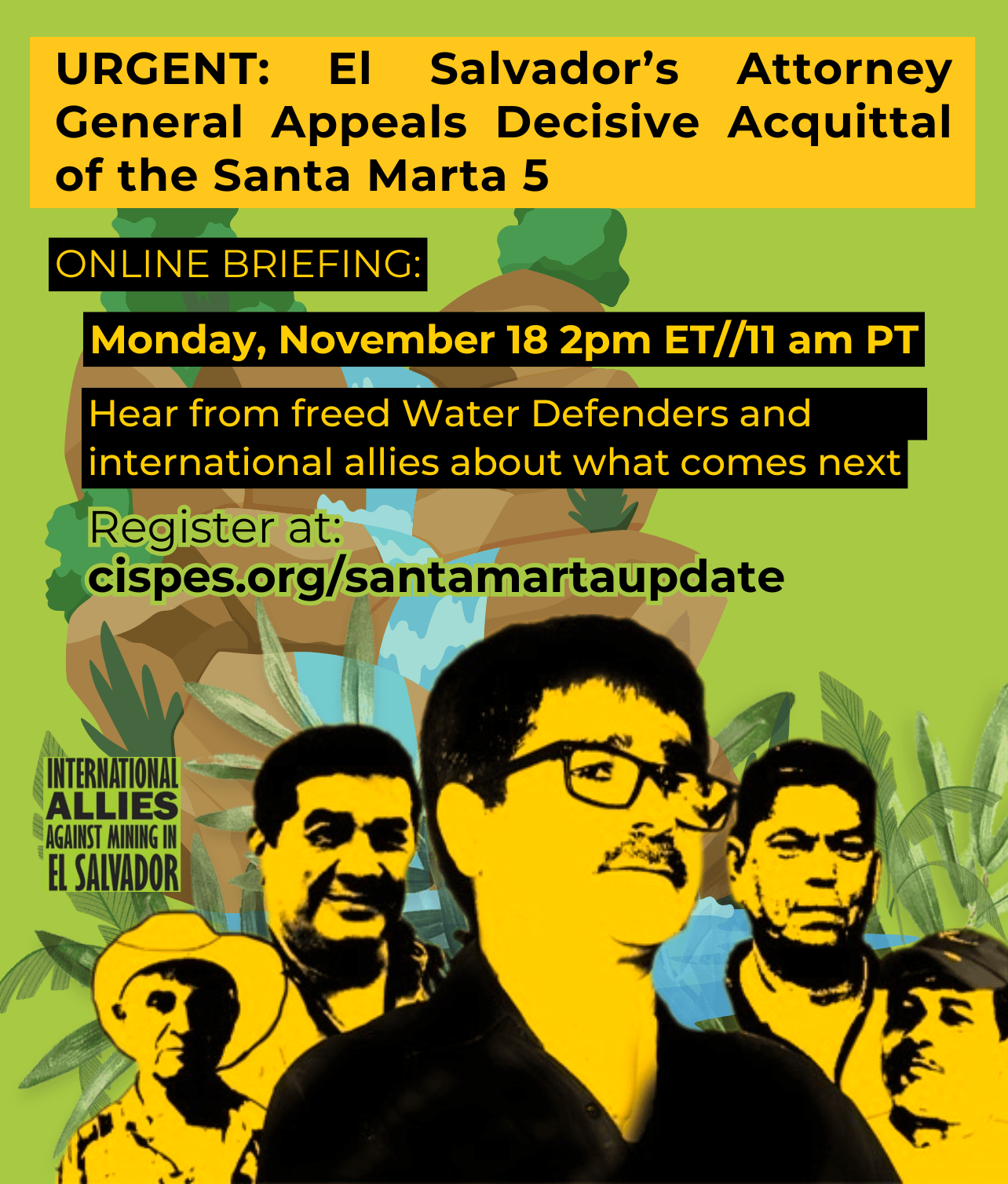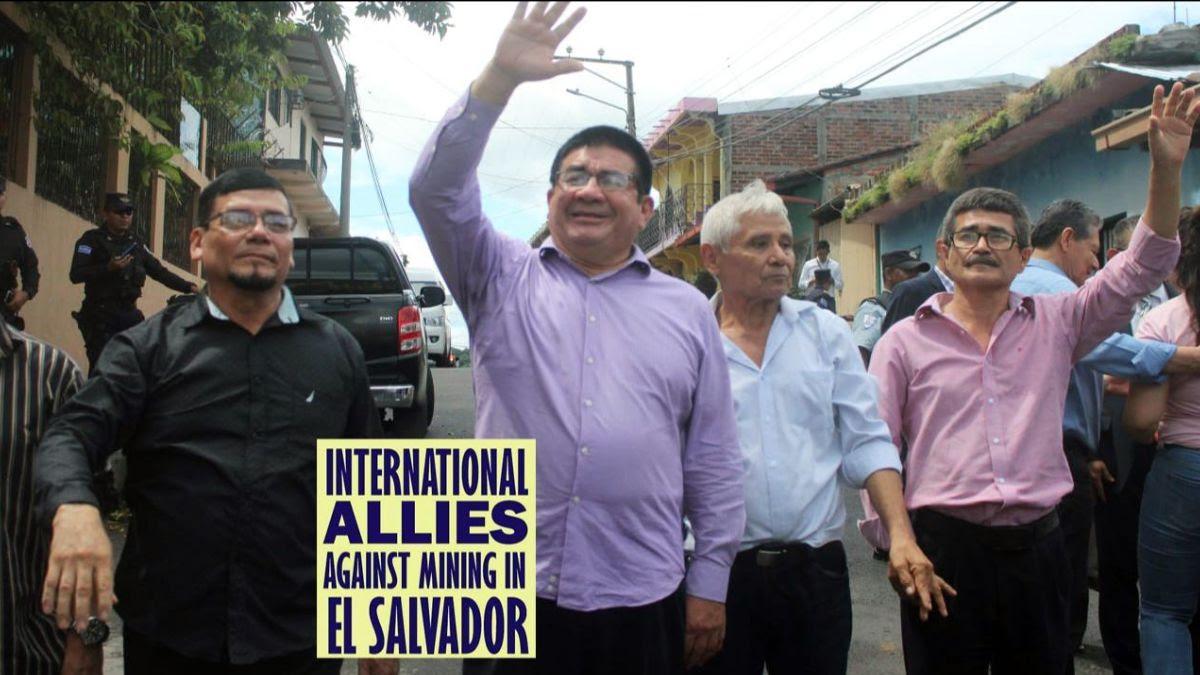Honduras was recently ranked by Global Witness as the most dangerous place on the planet for environmental defenders, with the dubious distinction of more environmental defenders assassinated per capita than anywhere else on the planet.
In the community of Guapinol, it was clear that Juan Antonio López’s commitment to environmental stewardship was deeply rooted in his Catholic faith. He was actively involved in the church, serving as coordinator of Social Pastoral Care in the Diocese of Trujillo and co-founding the Integral Ecology Pastoral care in Honduras.
In August 2018, he and other residents of the community of El Guapinol in Tocoa, Colón Department, organized a peaceful encampment to block construction of an iron oxide mine inside the Carlos Escaleras Mejía National Park. The extraction project would threaten animal life and contaminate small rivers (water sources for 13 communities) that empty into the Río Aguán, placing 90,000 inhabitants at risk of losing their agricultural crops and homes. In late October 2018, police and 1500 heavily armed members of the Army, Cobras (militarized anti-riot police units) violently broke up the encampment with rifles, shields, clubs and tear gas bomb—beating and detaining the encampment residents. Juan López became one of 32 Guapinol residents criminalized for their protest. Eight of the defenders (the Guapinol 8) were unjustly imprisoned for 914 days.
Tragically, on September 14, 2024, Juan López (a 46-year-old husband and father) joined the list of martyrs in Guapinol who have been assassinated for their environmental defense, a list that includes: Levin Alexander Bonilla (October 27, 2018), Arnold Joaquin Morazán Erazo (Oct 13 2020), Aly Domínguez and Jairo Bonilla (January 7, 2023), and Oquelí Domínguez (June 15, 2023).
Local bishops, the bishops conference of Latin America, and even Pope Francis have publicly decried the assassination of Juan Antonio López and called for justice.




